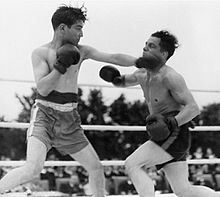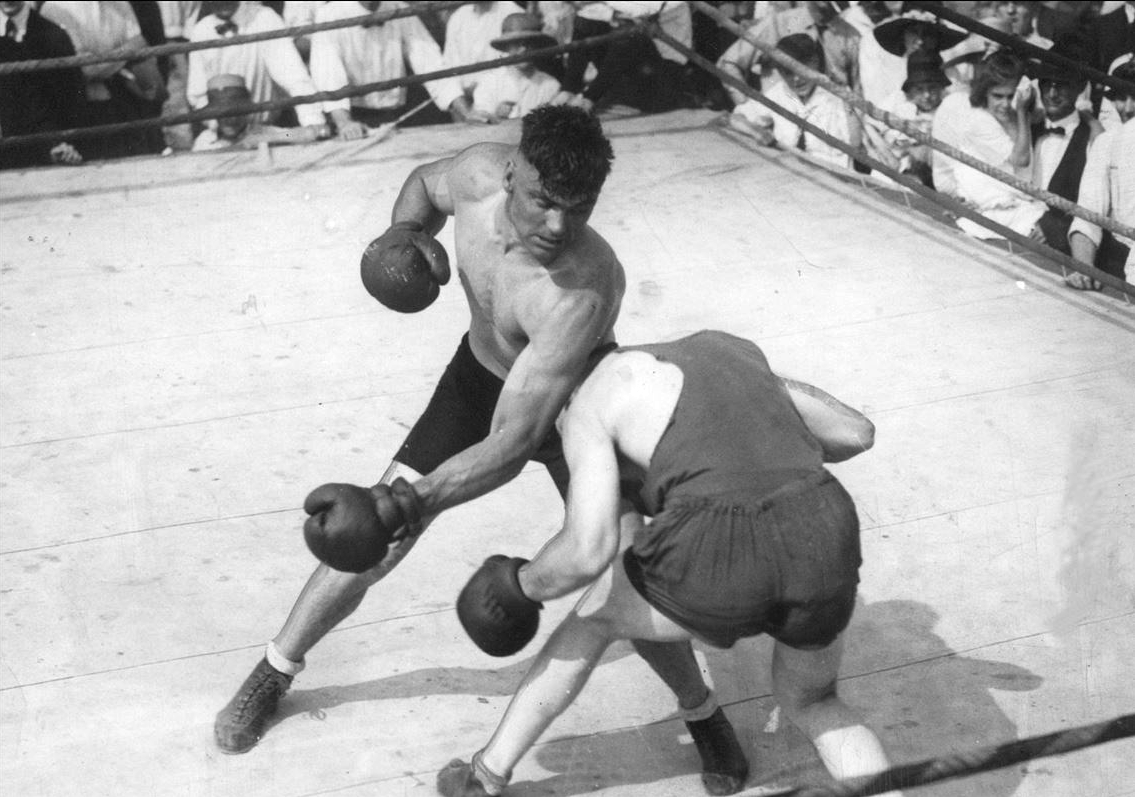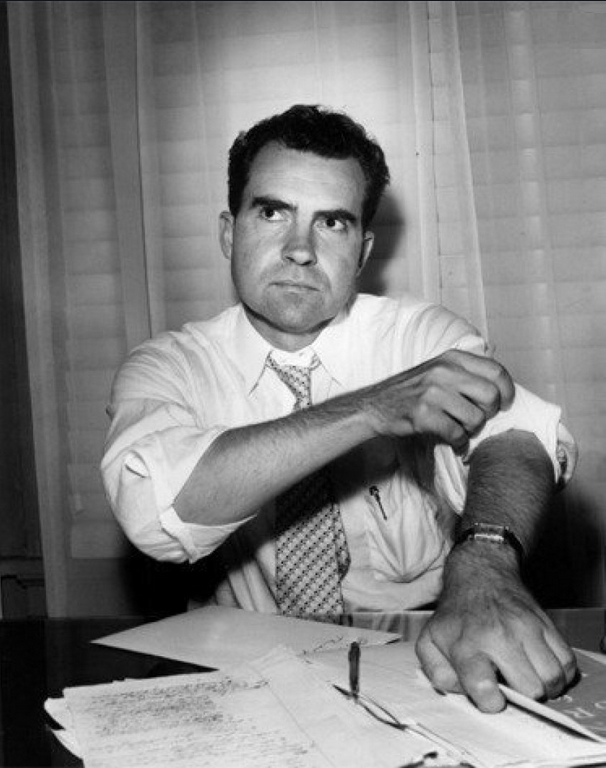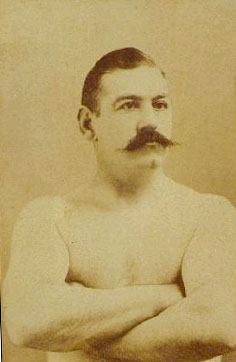 Too often, modern folks believe that they have figured everything out and that wisdom from the past can be ignored. As a case in point, note that young people often rebel against parents. I suppose that most every generation goes through a phase of “you just don’t understand. Things were different when you were a kid.” While this phase is natural, in previous eras, people grew out of it. Not so much today. Baby Boomers still tend to have this mindset and have passed it down to their millennial children.
Too often, modern folks believe that they have figured everything out and that wisdom from the past can be ignored. As a case in point, note that young people often rebel against parents. I suppose that most every generation goes through a phase of “you just don’t understand. Things were different when you were a kid.” While this phase is natural, in previous eras, people grew out of it. Not so much today. Baby Boomers still tend to have this mindset and have passed it down to their millennial children.
I once overheard a college-age fellow opine about the ignorance of past generations, proclaiming that modern people were “smarter.” I find it ironic that this same guy had trouble grasping the nuances of his own native language in conversation, and relied on his phone for basic information. I doubt he could even remember his home telephone number, as he could simply look it up.
Compare that to folks from the past who could recite entire treatises from memory, and converse in multiple languages with ease. Sure, we are smarter today. (Consider this a friendly reminder that the previous sentence was written sarcastically).
One of the most egregious and damnable effects of this antipathy toward the wisdom of the past is in the raising of children. Face it, modern children, especially boys, are raised to be weak. Strength is looked down upon. There is a drive to encourage sensitivity and feelings, at the expense of manliness and power.
Don’t get me wrong. A strong man can be sensitive. He can care about others, and in fact, that is part of what produces a strong, useful man. But modern social constructs have the relationship between “good” and “sensitive” backwards. One is not good because he is sensitive. He is sensitive because he is good.
And how does one become good? According to St. John Chrysostom, parenting is an important component of this character development. “Let us pass to the despotic part of the soul, spirit. We must not eliminate it utterly from the youth nor yet allow him to use it all the time. Let us train boys from earliest childhood to be patient when they suffer wrongs themselves, but, if they see another being wronged, to sally forth courageously and aid the sufferer in fitting measure” (from his “Address on Vainglory and the Right Way for Parents to Bring Up Their Children”).
We need parents to teach their boys to react to circumstances with a measured response. They are not to unnecessarily lord their strength over others, but in proportion to what is going on. They can endure slights to themselves, following Jesus’ admonition to “turn the other cheek,” but at the same time, they do not have to sit silently by and watch others being wronged.
Instead, they should “sally forth courageously” in “fitting measure” to right that wrong. Notice St. John’s words there – we must not utterly eliminate the “despotic part of the soul, spirit” from boys. Surely, we do not allow him to use it “all the time.” Still, there is a time and place for a man to become “despotic.”
The concept of a despot rests on power. Webster presents the idea of ‘total power over others.’ So parents should train their boys to be men, and that means that in some situations, the young man should be, and must be, willing to step in and powerfully address grievances, especially those placed upon the weak and helpless.
The despotic response should be appropriate, not over the top. But it must not be ignored. It is ridiculous to believe that it is better to sit idly by and allow women and children to be abused by another than to step in and rectify the situation.
Men must be doers. We must stand up against wrongs and make them right. It is important for parents to recognize that, and train up their young men to be heroic despots, when needed.
It is long past time for us to teach our boys to sally forth into the fray to aid the suffering.
Teach your boys to be men.










Preach
Reminds me of this CS Lewis quote:
“For this is what it means to be a king: to be first in every desperate attack and last in every desperate retreat, and when there’s hunger in the land (as must be now and then in bad years) to wear finer clothes and laugh louder over a scantier meal than any man in your land.”
Thank you for this. My first son will be born in about a month and I am so glad I am married to the man that I am. With his example I am certain we can raise our son to be a real man, even in the culture we live in today.
Congratulations Mrs Darcy. I am thrilled to hear the good news. God has blessed you. More articles along these lines are already in the pipeline. I hope they are this good.
Mrs. Darcy, that is awesome. It is a challenge, but certainly not impossible, to raise Godly, manly men. As Lector stated, we have more of these on the way, and I hope you find them beneficial. I look forward to your comments.
Mothers and fathers should not be left to do this work alone. We can all praise heroism and strength and rebuke, patiently and kindly, their absence. Most of us men can remember the pride felt when as boys any adult let us know we’d passed some test of character.
Just as important, when parents raise good sons, congratulate them. Let them know their work is appreciated.
Excellent article sir, your points are very well made. This was a great mind cleanser after reading elsewhere today that there is a movement at the college level to eradicate what they called “toxic levels of masculinity” out of male students. It is more important than ever that parents raise those strong and masculine sons. My son grew into a very good example of a masculine guy.
He needs others of that ilk to join the fray.
Thank you. There is much wisdom of the past that we ignore at our peril. Masculinity is absolutely NOT toxic, but required. Institutions that support such things will die out eventually, as they will be missing a vital component of a healthy organism/organization.
In the end, the manly men will win.
This is a key point that is often left out of discussions of manliness. To be a man is to exert power upon the world. Whether raising a child or building a legacy, a man improves upon his inheritance and his circumstances.
Of course, that power can be applied for good or ill. Thus it must be guided with a correct understanding of God and His expectations.
Right. And that is why it is incumbent upon us, as parents, to guide them in the right way. But we have to let them be boys and then men, teaching them to use their strengths.
5